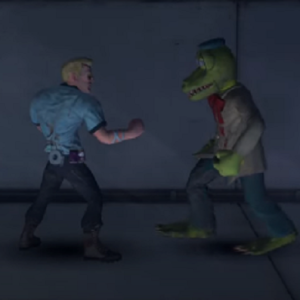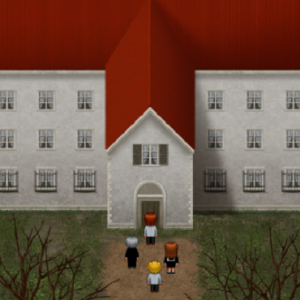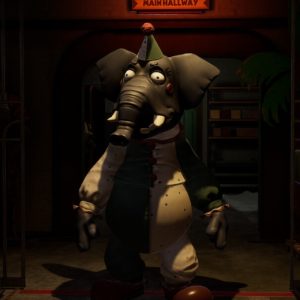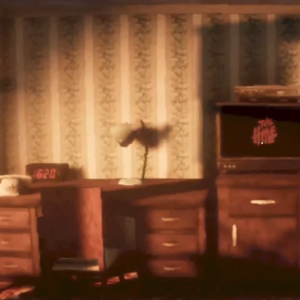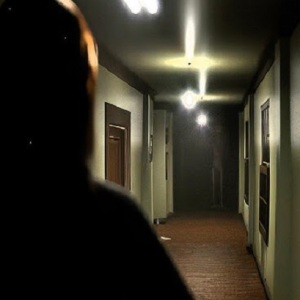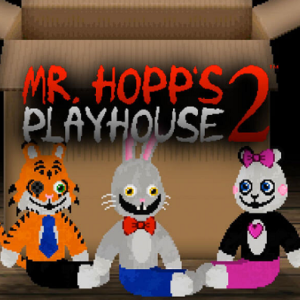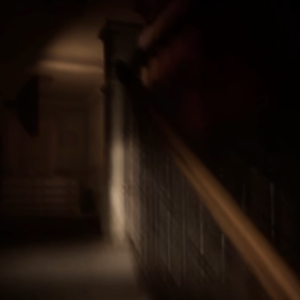Similiar games
Liminal Exit is a walking simulator that places the player inside a world of repetition and uncertainty. The game begins with something as ordinary as entering a building, but very quickly the familiar turns into an endless maze of distorted spaces. Doors lead to the same corridors, staircases return to their starting points, and every attempt to escape becomes another step into confusion. The challenge lies not in action but in awareness, as the player must observe carefully to survive.
A World That Loops
The central experience of Liminal Exit is the loop. Spaces that look ordinary at first glance—office hallways, waiting rooms, or empty stairwells—become unsettling when they repeat with slight variations. The tension comes from deciding whether these variations are harmless details or dangerous anomalies. Moving through these loops demands patience, since progress is tied to perception and not speed.
The Search For The Exit
The elevator is presented as the only chance for freedom, but its reliability is never certain. Each floor selection feels like a gamble: some may push the story forward, while others extend the cycle. The uncertainty surrounding the elevator keeps players in constant suspense, questioning whether they are closer to escaping or only digging deeper into the maze.
Key aspects of Liminal Exit include:
- A playtime of 35 to 90 minutes designed for one sitting
- Environments that repeat but shift in subtle ways
- Observation-focused gameplay with anomaly detection
- The elevator as a mechanic of risk and choice
- A design that blurs the line between comfort and danger
Atmosphere And Design
The use of liminal spaces drives the unsettling tone of the game. Empty corridors, quiet lobbies, and sterile staircases are not frightening on their own, but in endless repetition they become alien. Small changes like misplaced objects, unnatural lighting, or sounds that do not belong build unease. Rather than relying on sudden scares, the game creates tension through the feeling that something is always slightly wrong.
A Test Of Focus
Liminal Exit leaves a strong impression by transforming simple spaces into psychological traps. The repetition forces players to question the environment and their own perception. Every blink, every choice of floor, and every step forward might be the one that leads out—or the one that traps them forever. The experience is short, but the sense of unease it creates lingers, making players think long after they close the game.



